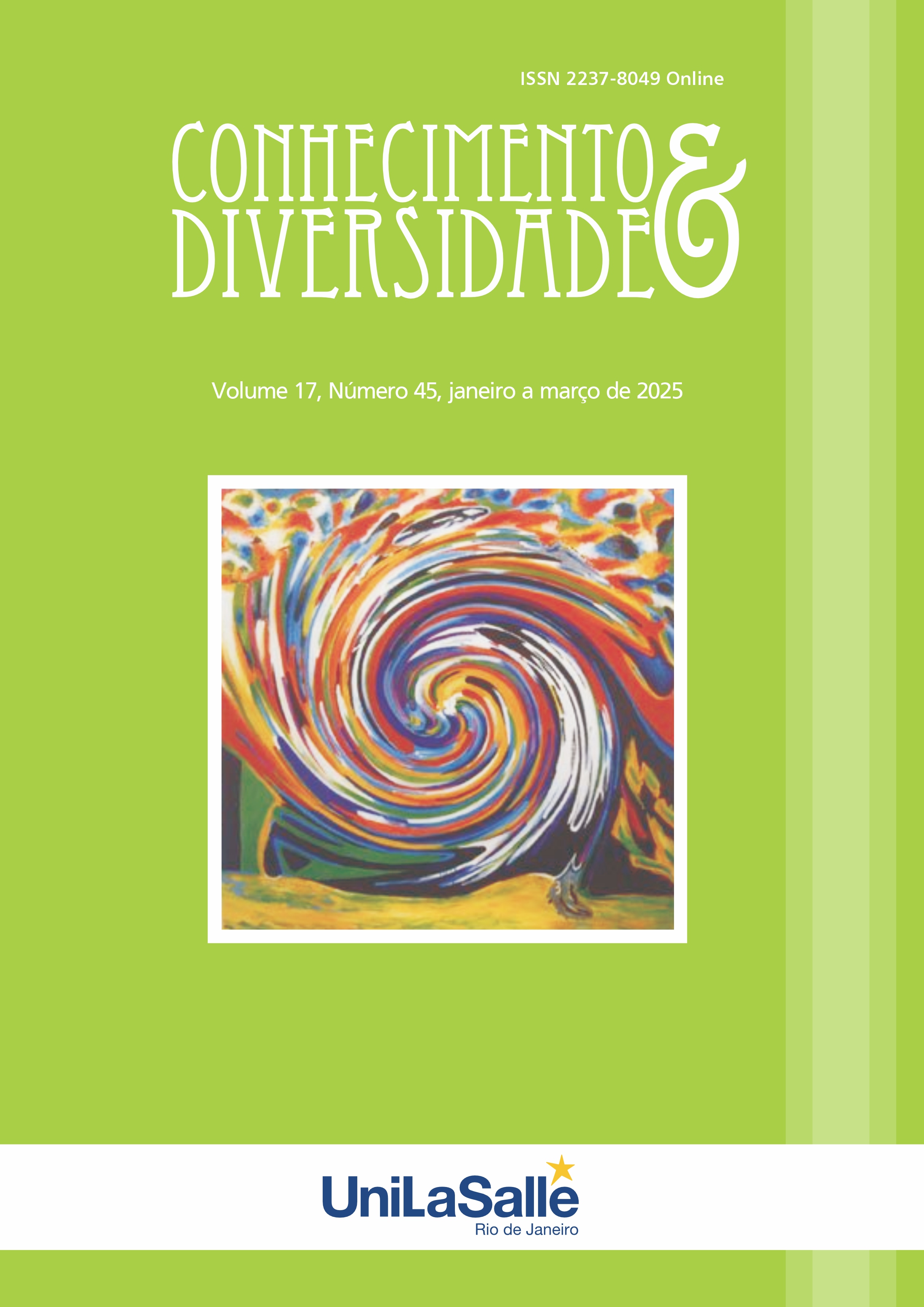SPORTS AND SOFT POWER IN MOROCCO
STRATEGIES, SUCCESSES, AND CHALLENGES TOWARDS 2030
DOI:
https://doi.org/10.18316/rcd.v17i45.12487Keywords:
Sport Diplomacy, Soft Power, Globalization, Geopolitics, National IdentityAbstract
The 21st century is one of globalized sports, a phenomenon whose implications go far beyond physical activity. Today, sport has transformed into a strategic arena where nations engage in peaceful and regular confrontations. It has become the clearest way to wave a flag, assert oneself on the international stage, and position oneself on the world map. At a time when globalization tends to blur national identities, sport emerges as the most effective way to reunite a nation around a common goal, whether it's a sporting victory or a memorable achievement, the magnitude of which varies according to historical contexts and expectations. In this context, sport is not limited to mere physical competition but becomes a key diplomatic and political tool. It represents an essential element of a state's soft power, offering a powerful platform to influence and attract international attention. As Pascale Boniface points out in "Géopolitique du Sport" (2014), sport has become a global media showcase where every major sporting event and every notable performance contribute to strengthening a country's reputation and influence on the international stage. Today, major sporting events are no longer limited to on-field competitions but have become theaters where significant political and soft power stakes are played out. The meticulous organization of these events mobilizes not only the media but also high-ranking political leaders and public figures, highlighting the strategic importance given to sport in the context of international politics. This paper aims to explore the growing role of sport as a tool of soft power, with a particular focus on football, and to uncover the mystery behind this simple ball that has become a symbol of power and soft influence. It also proposes to examine the specific initiatives taken by Morocco to shine in this field, relying on a solid theoretical foundation and experts in the matter.
References
Bahi, R. (2017). Le sport comme outil de diplomatie culturelle: Le cas du Maroc. Revue Internationale de Politique Culturelle, 25(2), 45-62.
Boniface, P. (2014). La géopolitique du sport. Paris: Armand Colin.
Comité International Olympique (CIO). (1998). Ms Nawal EL Moutaoukil. Retrieved from https://olympics.com/ioc/ms-nawal-el-moutawakel
El Moutawakel, N. (2020). Le sport marocain dans la diplomatie mondiale: enjeux et perspectives.
Fédération Internationale de Football Association (FIFA). (2023, October 11). FIFA World Cup 2030™: Morocco, Portugal, and Spain joint bid is sole candidate to host. Retrieved from https://www.fifa.com/en/tournaments/mens/worldcup/articles/world-cup-2030-spain-portugal- morocco-host-centenary-argentina-uruguay-paraguay
Fédération Royale Marocaine de Football (FRMF). (2022). Statut de la Fédération Royale Marocaine de Football. Rabat.
Ferez, S., & Terral, P. (2023). Le sport, un objet social. Athènes: Athéna.
Gomez, C. (2021). La puissance et l'Union Européenne: le sport comme outil de Soft Power. Paris: IRIS.
Grix, J., & Houlihan, B. (2014). Sport, Politics and Society in the Middle East. International Review for the Sociology of Sport, 49(6), 731-745
Haugen, T. (2020). Soft Power and Sports Diplomacy: The Moroccan Example. International Journal of Sports Diplomacy, 7(2), 133-148.
Johnson, A., & Alya, R. (2022). Football and Cultural Diplomacy: The Moroccan Model. Journal of African Studies, 25(3), 201-219.
Journal of Global Security Studies, 4(1), 84-96.
Lashitew, A. (2021). Sports as an Instrument of Soft Power in Morocco. Journal of Modern African Studies, 59(4), 567-583.
Mekouar, H. (2019). Sport as a Tool of Soft Power: The Moroccan Football Case. Journal of Global Sports, 12(4), 231-245.
Nye, J. (1990). Bound to lead: The changing nature of American power. New York: Basic Books.
Nygård, H. M., & Gates, S. (2019). Soft Power at Play: Sports as an Instrument of Diplomacy.
Revue Marocaine des Relations Internationales, 15(3), 89-107
Soguel, D. (2018). Moroccan Sports as a Vector of International Influence. Journal of International Relations, 16(1), 89-102.
Zemmouri, M. (2018). Le soft power marocain à travers le sport: Stratégies et enjeux. Revue Politique Africaine, 29(1), 72-85.
Downloads
Published
Issue
Section
License
Copyright (c) 2025 Oumayma Bouchanine, Abdelfattah Lahiala

This work is licensed under a Creative Commons Attribution 4.0 International License.
As recommended by the Public Knowledge Project, RCD adopts for its articles a CREATIVE COMMONS Attribution CC BY 4.0 license.
This license allows others to distribute, remix, adapt and build upon your work, even commercially, as long as they credit you for the original creation.
This is the most appropriate license offered.
Recommended for maximum dissemination and use of licensed materials.



